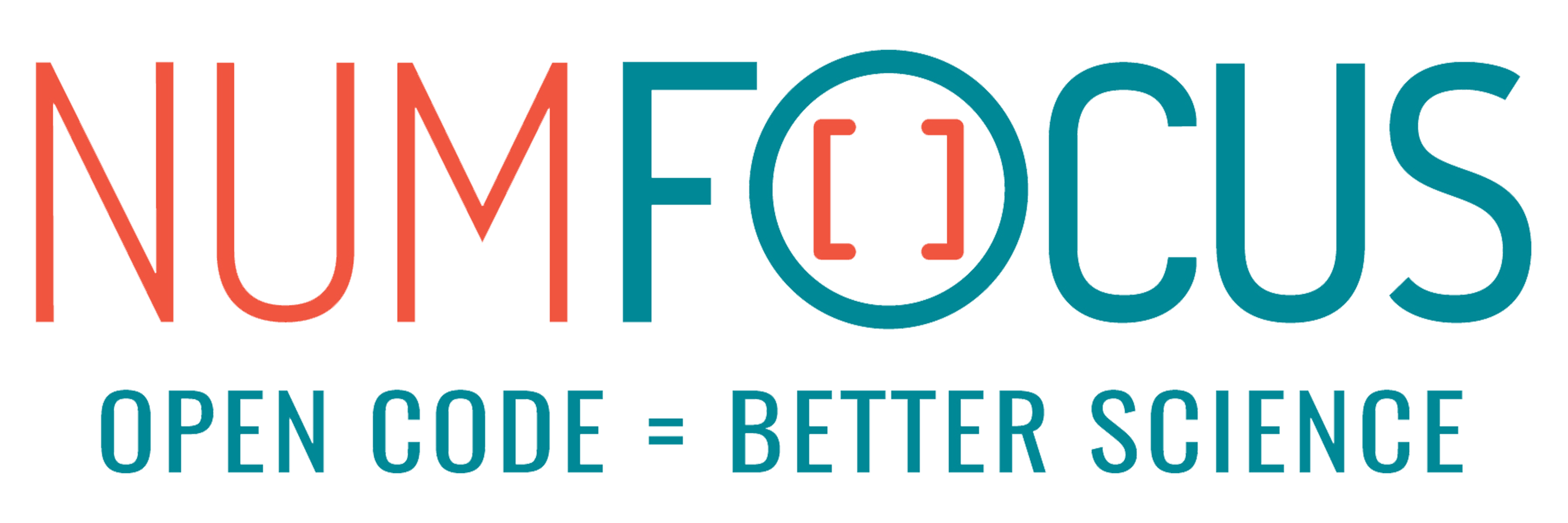
Welcome to Renovate! This is an onboarding PR to help you understand and configure settings before regular Pull Requests begin.
🚦 To activate Renovate, merge this Pull Request. To disable Renovate, simply close this Pull Request unmerged.
Detected Package Files
.github/workflows/cml.yaml (github-actions)requirements.txt (pip_requirements)
Configuration Summary
Based on the default config's presets, Renovate will:
- Start dependency updates only once this onboarding PR is merged
- Enable Renovate Dependency Dashboard creation
- If semantic commits detected, use semantic commit type
fix for dependencies and chore for all others
- Ignore
node_modules, bower_components, vendor and various test/tests directories
- Autodetect whether to pin dependencies or maintain ranges
- Rate limit PR creation to a maximum of two per hour
- Limit to maximum 10 open PRs at any time
- Group known monorepo packages together
- Use curated list of recommended non-monorepo package groupings
- A collection of workarounds for known problems with packages
🔡 Would you like to change the way Renovate is upgrading your dependencies? Simply edit the renovate.json in this branch with your custom config and the list of Pull Requests in the "What to Expect" section below will be updated the next time Renovate runs.
What to Expect
With your current configuration, Renovate will create 3 Pull Requests:
Update dependency tensorflow-gpu to v2.7.1 [SECURITY]
- Branch name:
renovate/pypi-tensorflow-gpu-vulnerability
- Merge into:
master
- Upgrade tensorflow-gpu to
==2.7.1
Update actions/checkout action to v3
- Schedule: ["at any time"]
- Branch name:
renovate/actions-checkout-3.x
- Merge into:
master
- Upgrade actions/checkout to
v3
Update actions/setup-python action to v4
- Schedule: ["at any time"]
- Branch name:
renovate/actions-setup-python-4.x
- Merge into:
master
- Upgrade actions/setup-python to
v4
🚸 Branch creation will be limited to maximum 2 per hour, so it doesn't swamp any CI resources or spam the project. See docs for prhourlylimit for details.
❓ Got questions? Check out Renovate's Docs, particularly the Getting Started section.
If you need any further assistance then you can also request help here.
This PR has been generated by Mend Renovate. View repository job log here.





